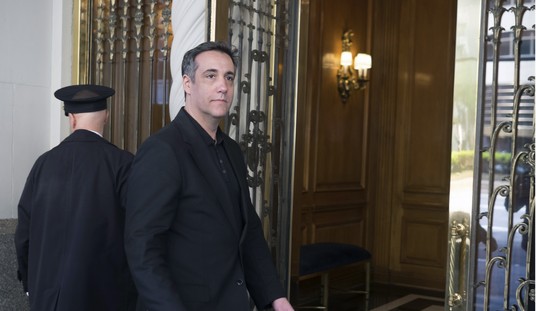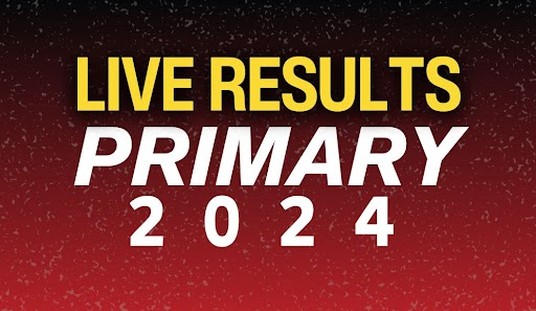If Nixon had tried something like this, he would have rightly been branded a “rogue president.”
Jackie Calmes, a first-class political reporter working for the New York Times, actually had the gall to ask the president if he had consulted White House lawyers on the constitutionality of unilaterally delaying the employer mandate in Obamacare.
Obama’s answer would have been worthy of King George, or perhaps a meglomaniacal dictator — not a servant of the people in a great republic.
In an interview after his speech Wednesday in Galesburg, Illinois, President Obama was asked if he consulted White House lawyers before unilaterally delaying the employer mandate in Obamacare. Since Congress, in the Affordable Care Act, specified that the mandate is go to into effect at the start of next year, reporters from the New York Times asked if the president investigated whether he had the legal authority to put it off without going through Congress.
Obama didn’t exactly answer the question. But judging from what he said, his answer was: No, I didn’t consult White House lawyers because I know a lot more about the Constitution than the Republicans who are complaining about it. And besides, they don’t think I’m legitimately the president, anyway.
“People questioned your legal and constitutional authority to do that unilaterally — to delay the employer mandate,” asked the Times’ Jackie Calmes. “Did you consult with your lawyer?”
“Jackie, if you heard me on stage today, what I said was that I will seize any opportunity I can find to work with Congress to strengthen the middle class, improve their prospects, improve their security,” Obama began.
“No, but specifically — ” Calmes interjected.
“But where Congress is unwilling to act,” Obama continued, “I will take whatever administrative steps that I can in order to do right by the American people.”
At that point, Obama explained that if Congress doesn’t like what he’s done, then lawmakers can try to do something about it. “I’m not concerned about their opinions,” the president said. “Very few of them, by the way, are lawyers, much less constitutional lawyers.” And some Republicans “think I usurp my authority by having the gall to win the presidency.”
Methinks the president should not be using the word “gall” when talking about his unilateral action in superseding the Congress and taking the questionable constitutional step of delaying the mandate using his executive authority.
Has there been anything more revealing of Obama’s attitude toward the Constitution? Democracy is hard work. Getting Congress to do a president’s bidding takes time, patience, and a determination that President Obama lacks. He wants to take shortcuts because he believes his executive authority can give him the immediate gratification he covets. And besides, who is the Congress to lecture him about the Constitution?
Obamacare was passed three years ago. Businesses have been complaining about the employer mandate for almost as long. In short, Obama had three years to go back to Congress and ask for a delay in implementing the mandate. The decision not to had nothing whatsoever to do with “administration actions” and everything to do with politics. By delaying the mandate, he is admitting defeat in successfully implementing Obamacare. To have done so before the election would have been a devastating blow.
The delay in implementing the employer mandate is not the only unilaterial decision made by the executive branch to put off requirements found in the Affordable Care Act.
Already, the Health and Human Services Department has signaled the federal exchanges will not have all the bells and whistles once promised. In March, HHS said the small-business portals will not be able to allow individual employees to choose their own plans in the first year, as the law requires. Small-business employees will still be able to buy there, but only the single plan selected by their employers. That’s just one of a few “shortcuts” that analysts say theadministration will take in the first year for the sake of functionality. “They’ve openly acknowledged that some of that is not going to be ready,” says Caroline Pearson, a vice president at the consultancy Avalere Health, who is watching the exchanges’ progress.
The administration has also indicated that, in some states, information about which people are eligible to buy through the exchange (and with how much government help) won’t be instantly available. To answer that question, the exchanges must consult a yet-to-be-completed data hub that merges income information from the IRS, disability information from the Social Security Administration, and citizenship information from the Homeland Security Department, along with state systems that will determine whether people with certain conditions or very low incomes qualify for Medicaid coverage. States are updating their systems, but few have the sophisticated computer programs that can sort out those questions in real time or communicate the answers to the federal government. It seems clear that some shoppers will face long delays or fill out federal applications, only to be directed to apply again at a state website or office. In some cases, the seamless digital experience may be replaced with paper applications.
So much for the rule of law in Obama’s America.








Join the conversation as a VIP Member